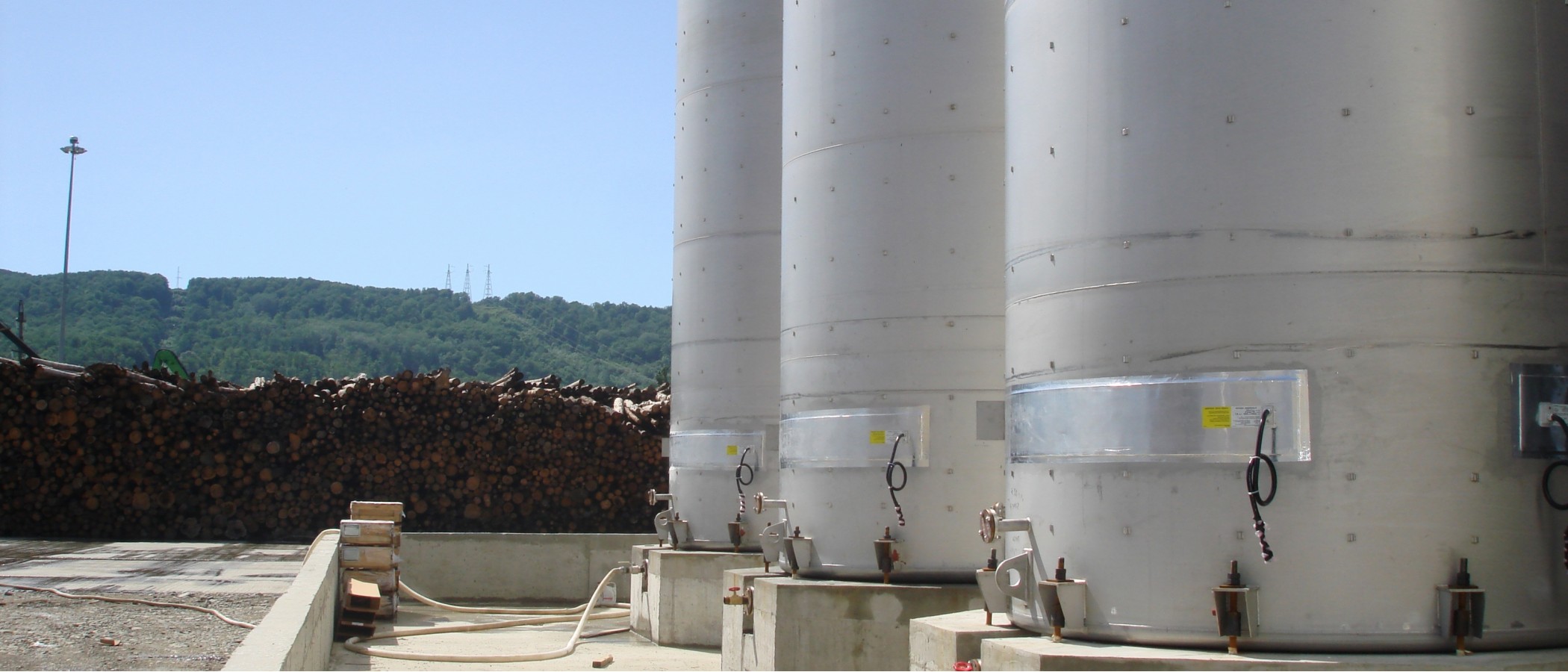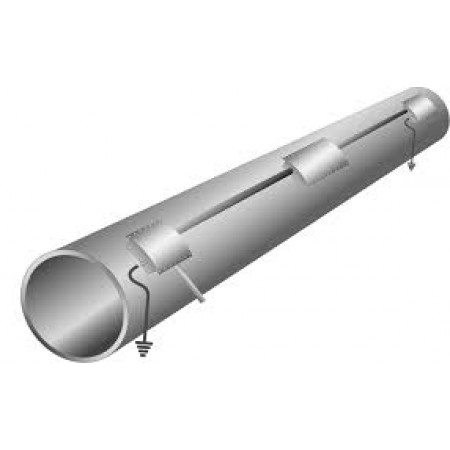
The catalog of COLORTERM presents all the materials of COLORTERM, with which LLC "COLORTERM" works.
LLC "COLORTERM" can guarantee you quality and long service life.

ELECTRIC HEATING BY THE THERMTRAC SKIN EFFECT METHOD
The ThermTrac system is a cost-effective alternative to standard heating systems with sequential resistance in extended pipelines, since it eliminates the need to use an extensive power distribution system. The system allows to provide electric heating of the pipeline with a length of up to 25 kilometers from just one power supply point. The operational flexibility of the system allows it to be used to maintain temperature, protect against freezing and warming up.
The system generates heat in the heating tube by means of a reverse current passing through the impedance of the inner surface of the heating tube.
There is no voltage and current on the outer surface of the heating tube.
ThermTrac insulated core is the basis of a heating system based on the skin effect of the Thermon company. This core is developed by Thermon individually for each customer, while its dielectric insulation and abrasion-resistant shell meet the conditions of specific customer projects. Copper cores with polyolefin insulation can be used for projects to protect against freezing and maintain low temperatures. Fluoropolymer insulated cores provide excellent temperature performance, operational flexibility and durability required for high temperature systems.
Technical specifications
- Output power up to 165 W/m
- The operating voltage of the system is up to 5 kV
- Exposure temperature up to 260 °C
- Minimum installation temperature up to -40 °C
- Temperature class T6-T2
Construction
- Twisted nickel-plated copper core.
- Fluoropolymer or polyolefin dielectric insulation.
- Fluoropolymer or polyolefin shell, resistant to abrasion.
- Carbon steel heating tube.
Certificates / Permissions
II 2 G Ex eb IIC T2-T6 DEKRA 12ATEX0175X
II 2 D Ex tb IIIC T300 °CT 85 °C
International Electrotechnical Commission
IEC Certification System for Explosive Atmospheres DEK 12.0055X
Factory Mutual Research
Normal zones
Hazardous (classified) areas
Class I, Section 2, groups B, C and D
Class II, section 2, groups F and G
Class III, sections 1 and 2
Class I, Zone 2, Group IIC
